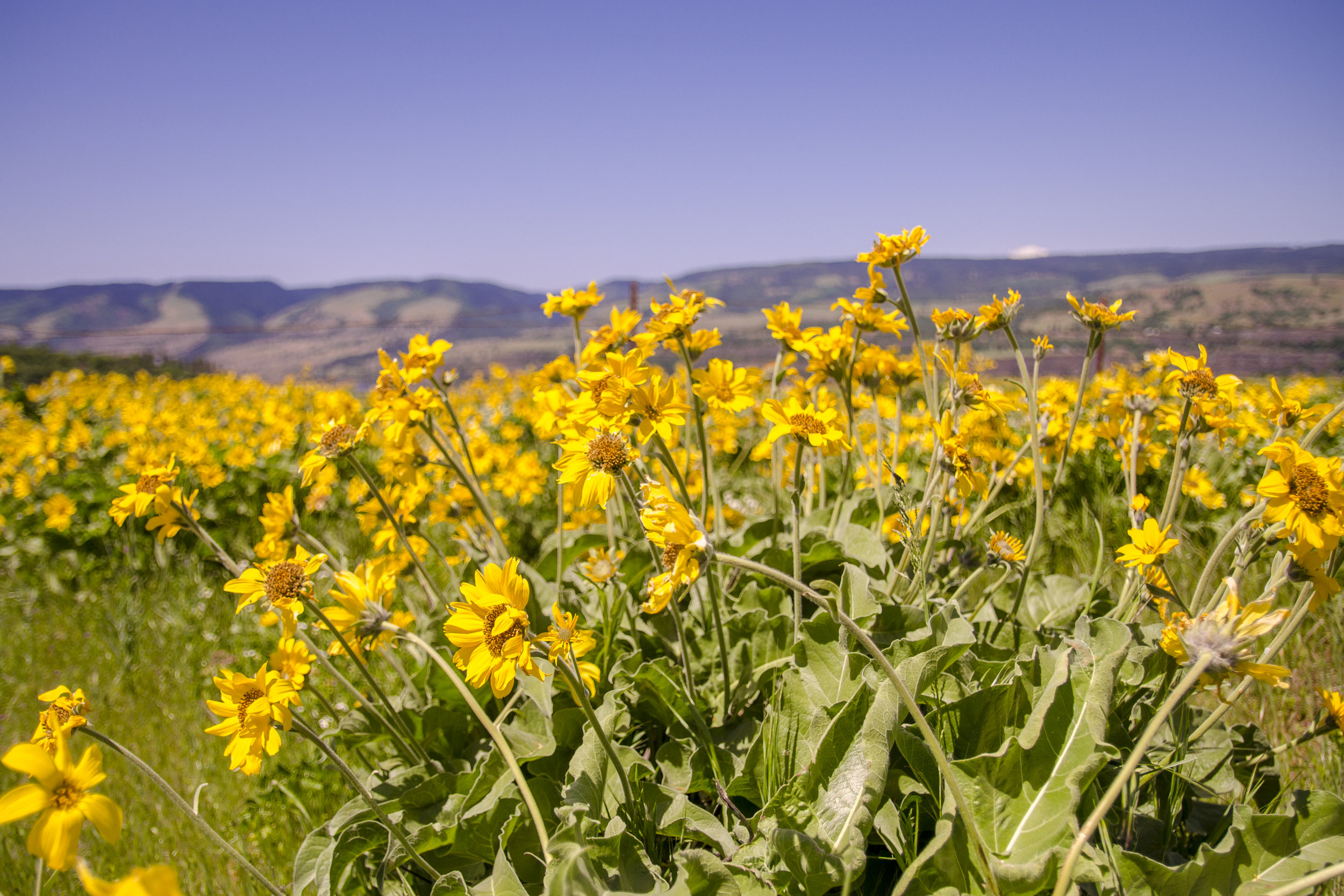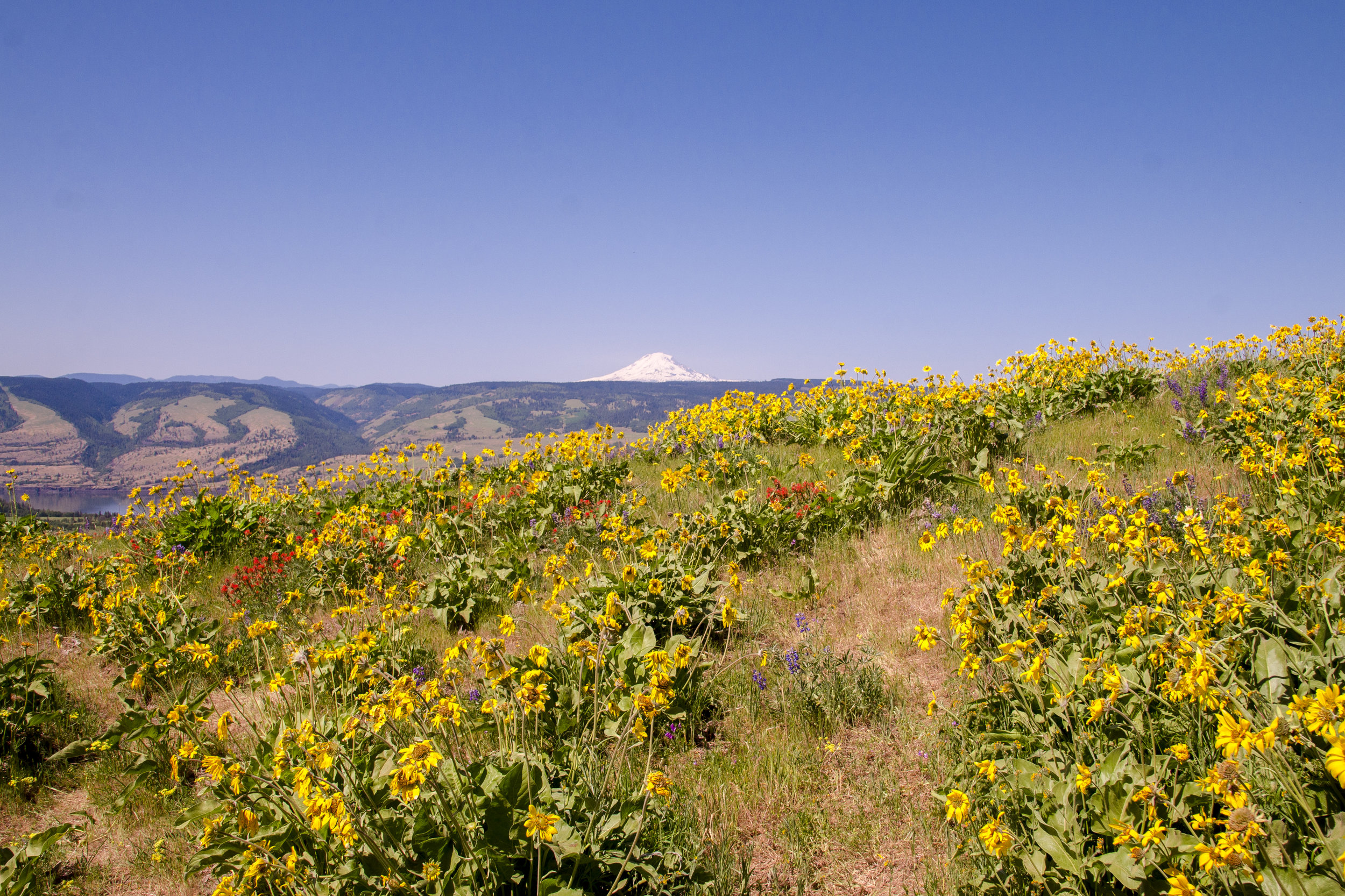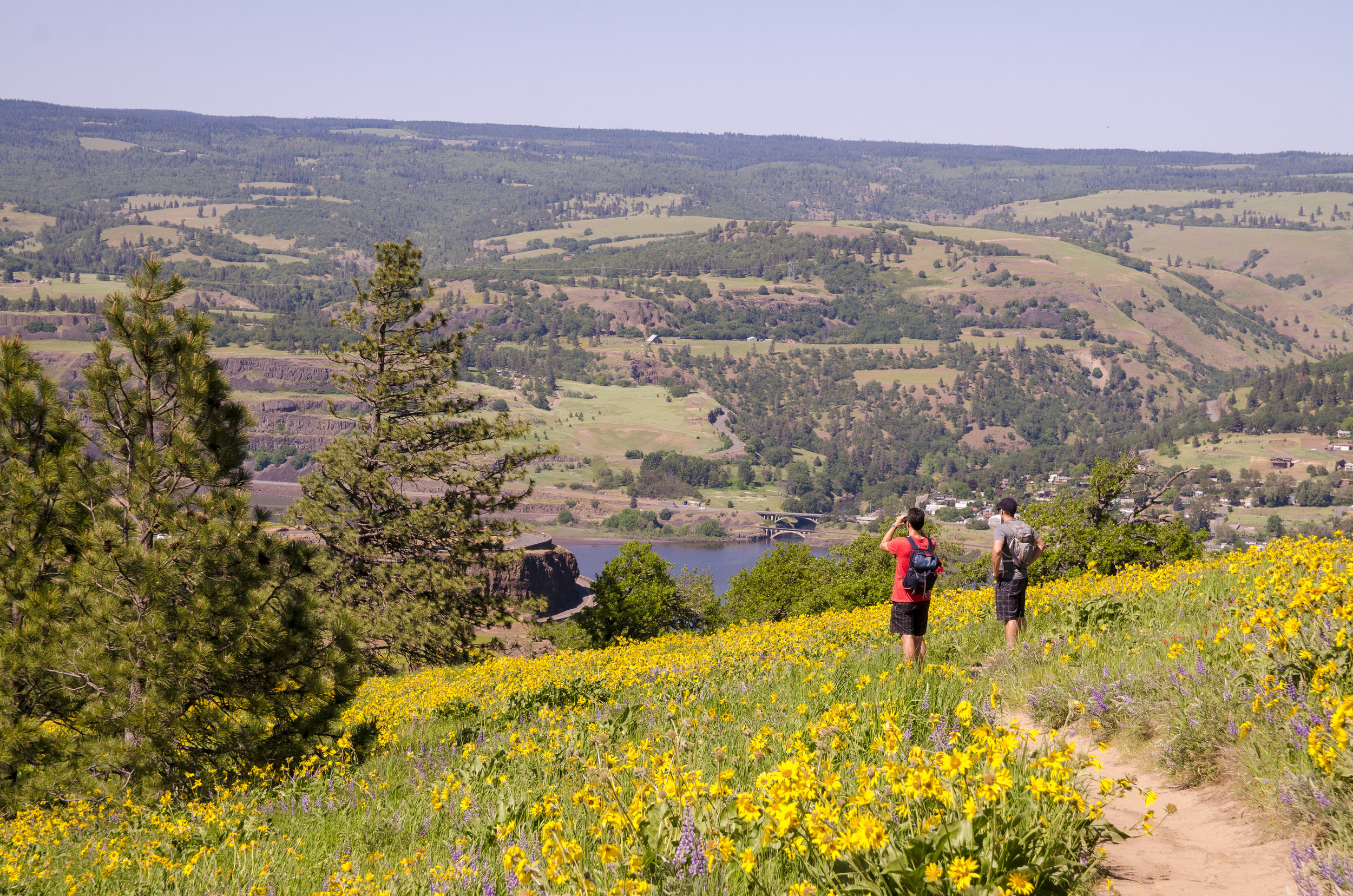rhythm and chaos
/It has been one of my persistent struggles to understand my testimony and share it well. I get frustrated, because if anyone should know this story, it should be me; I’m the one who has lived it, who has benefited on a daily basis from the blessing of walking with Jesus since I was three years old. I should be able to bear witness to His work in my life. I should be able to see clearly, at least in hindsight, where He has done His greatest work in me.
In some ways, I can: I can look back and see the shifts and the weather patterns that have colored my years, and some of the purposes they’ve played out. I know these are all parts of the testimony God is writing in me, but whenever I try to sum it up in so many words, I’m frustrated by the attempt to “arrive” somewhere. I want to be able to draw a line clearly from the shift that happened one year ago, or eighteen months ago, or the day I got the phone call, or that undefined span of time as a newlywed, or on my wedding day, or when I moved to Bible school all the way to now and say, “This is it. This is exactly where God has brought me. Here’s how and here’s why.”
But I can’t.
Much as it sometimes feels like there must have been one moment in which everything changed, in which God ultimately revealed Himself and brought my testimony to its climax, the truth of the matter is that God works slowly. He works in processes, in moments, across years. He’s a farmer, not a magician.
I grew up watching (and sometimes helping) my dad farm, and I’m not sure anything has taught me as much about how God operates as that experience. Farming, a metaphor the Bible uses again and again to describe God’s work, is change and same, reward with disappointment; it’s past and now and future, all bound together somehow. There’s a rhythm in it, but also chaos - unpredictability. It is down-to-earth and touching heaven at the same time, in the most humbling possible way; a momentary glimpse of the Edenic vision in which God and Man and Creation coexist in harmonious relationship with each other.
And it doesn’t ever “arrive.” A year of abundant harvest is followed rhythmically by winter’s rest, only to try it all again when spring arrives. No two years will yield the very same, and the story is never over. There is progress and process, joy and frustration, years of fallow and change, but the work doesn’t reach an end-point or get wrapped up in a bow. The testimony is never quite complete.
Nor is mine. It can make for a frustrating story to tell, but also an exciting and comforting one. In moments and across years, in a way that will never be completed in this life, God is cultivating me. His work is hard, long, and emotional, but also calming, grounding, and restful. I can’t necessarily draw lines between the seasons and say “This is what, this is how, and this is why,” but I can point to the One who is constant through it all and say, “He is always near, and He is doing something in me.”
We are a culture that only puts the big, earth-shattering events on display. The trips to Europe, the births, the deaths; the times we audibly heard God’s voice or saw Him move in a tangible way. But I’m convicted that it’s in the in-between where the real work and growth is done. The mundane middle is what life is made of - the rhythm and the chaos, and the too-boring-to-be-documented. I don’t know if I’ll ever “get there,” or even know where “there” is in this life, but I know that if I’m walking with Jesus, it will be good.











